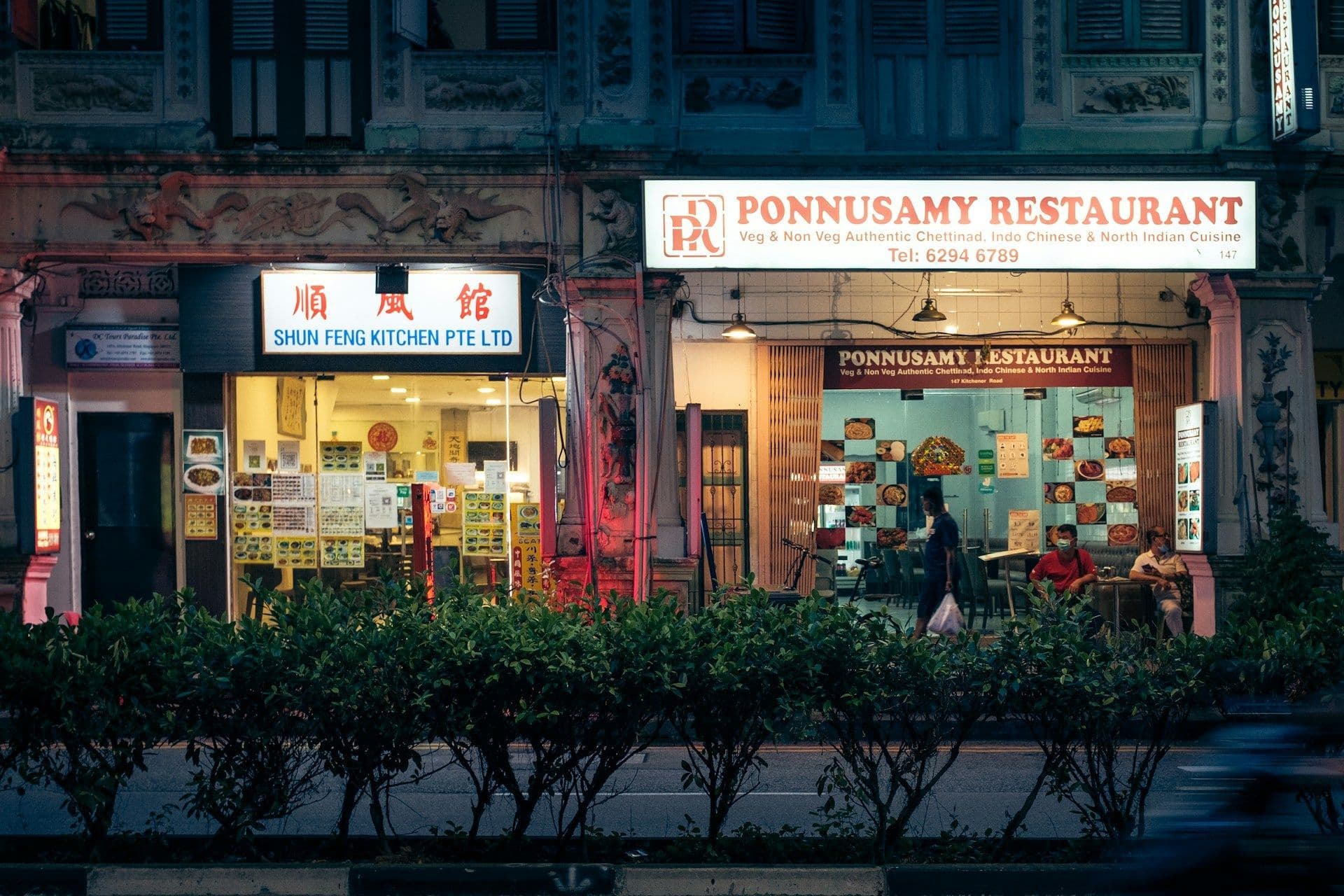What Happens If a Restaurant Fails to Comply with Any of its Obligations under the Sale of Food Act?

The Sale of Food Act (SOFA) is the cornerstone of food safety legislation in Singapore. Administered by the Singapore Food Agency (SFA), it sets out the legal framework to ensure that all food sold in Singapore is safe for consumption and complies with established standards. For restaurants and other F&B businesses, complying with SOFA isn't optional – it's a fundamental obligation.
Failure to comply with any of its obligations can trigger a range of serious consequences, impacting your restaurant financially, operationally, and reputationally.
Key Obligations Under the Sale of Food Act:
SOFA covers a broad spectrum of requirements, including:
- Hygiene and Sanitation: Maintaining clean premises, equipment, and personal hygiene for food handlers.
- Food Handling Practices: Proper storage, preparation, cooking, and serving temperatures to prevent contamination and growth of harmful bacteria.
- Food Composition and Quality: Ensuring food is wholesome, not adulterated, and fit for human consumption.
- Labelling Requirements: Accurate and truthful labelling of pre-packed food.
- Licensing and Registration: Operating with a valid SFA food license for your premises.
- Compliance with Standards: Adhering to specific food standards (e.g., microbial limits, presence of contaminants).
Consequences of Non-Compliance:
When a restaurant fails to meet its obligations under SOFA, the SFA can take various enforcement actions:
- Warnings and Rectification Orders:
- For minor breaches, SFA may issue a warning or an order to rectify the non-compliance within a specified timeframe. Failure to comply with such an order can lead to more severe penalties.
- Demerit Points and Fines:
- As outlined in the previous article, various offences carry demerit points. Accumulating 12 or more demerit points within a 12-month period can lead to license suspension.
- Monetary fines are imposed for various offences, ranging from a few hundred to several thousand dollars, depending on the severity. For example, selling food unfit for human consumption can result in a fine of up to $5,000 for a first offence.
- License Suspension:
- A common consequence for accumulating demerit points or for serious hygiene breaches (e.g., severe rodent or pest infestations).
- During suspension, the restaurant is legally prohibited from operating. This means no revenue, but ongoing fixed costs (rent, salaries for essential staff) continue to accrue, leading to significant financial strain.
- The suspension period is often publicized by SFA, leading to severe reputational damage.
- License Revocation:
- This is the most drastic measure. For repeated serious offences, persistent non-compliance, or a single grave incident that poses a significant public health risk (e.g., a widespread food poisoning outbreak due to gross negligence), the SFA can revoke the restaurant's food license.
- Revocation means the restaurant cannot operate its F&B business at that premise ever again under that license, effectively forcing it to shut down.
- Prosecution in Court:
- For the most serious breaches of SOFA, especially those involving public health risks, the SFA may initiate criminal prosecution against the restaurant owner, manager, or even the company itself.
- Convictions can lead to hefty fines (e.g., up to $10,000 or more for first offences, with higher penalties for repeat offenders) and/or imprisonment for individuals found responsible. A criminal record can have long-lasting personal and professional repercussions.
- Reputational Damage:
- Beyond the legal and financial penalties, failing to comply with SOFA, especially if it leads to public warnings, fines, or closures, can severely damage a restaurant's reputation.
- Loss of customer trust, negative publicity, and poor online reviews can be harder to recover from than financial losses.
Protecting Your Restaurant:
Compliance with the Sale of Food Act is non-negotiable. Regular staff training, stringent hygiene practices, robust internal audits, and staying updated on SFA guidelines are crucial. While vigilance is key, accidents can happen. Ensuring your restaurant has comprehensive Public Liability Insurance is vital to cover legal defense costs and potential compensation payouts if a food safety lapse leads to a customer falling ill.
Let SMEsure handle the risk management for your business. This frees you up to fully focus on your business and dedicate more time to the people who matter most.
For more information on how SMEsure can support your business, visit us here.
For direct, one-on-one support and inquiries, you can also reach us via WhatsApp here.
Share this article:

Wilson is a seasoned Business Development spearheading strategic partnerships and business growth initiatives, leveraging his in-depth knowledge of the FinTech and InsurTech industries.
Read MoreSubscribe to our newsletter for all the latest updates.
Any feedback or questions? Contact Us.
Follow our socials for quick tips & real-world stories.



